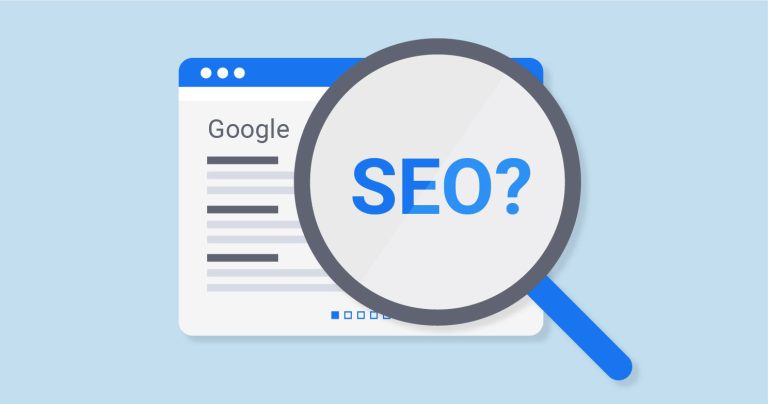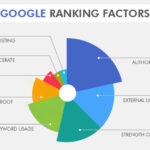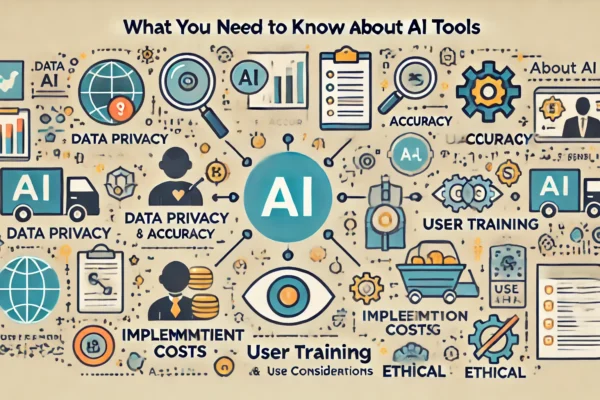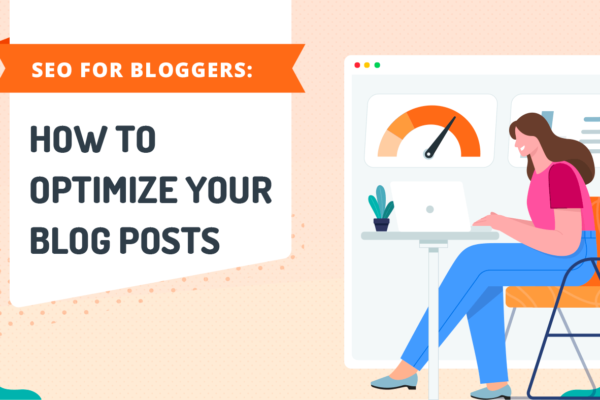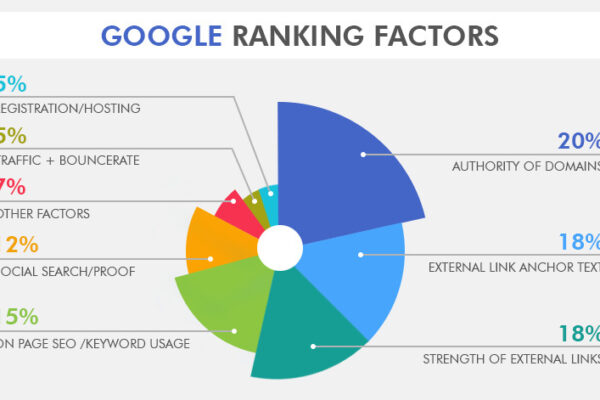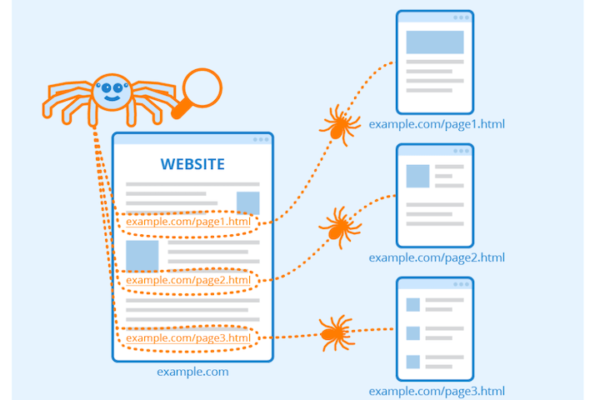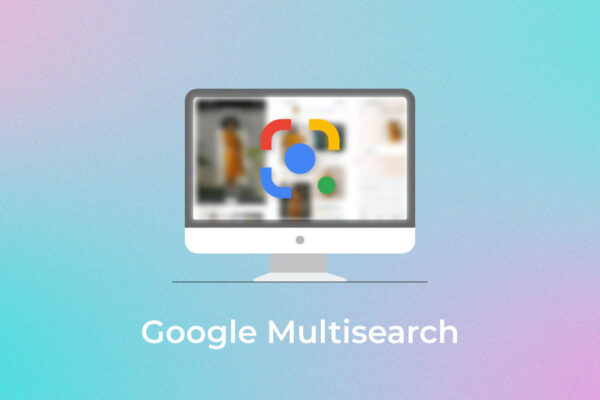What is SEO?
SEO (Search Engine Optimization) is the name given to optimization studies to increase the traffic to our website from Google organic results.
History of Search Engines
The first search engine appeared in 1990, its name is Archie. Archie was very different from the search engines we know and could only be used for file searches. So you can think of it like searching for a file on your computer. He could not see the contents of the websites on the Internet…
Until 1994, many search engines like Archie came and went. While some search engines could only create rankings from the titles of the sites, some of them accidentally came to the websites hundreds of times a day, causing the whole system to fall apart. In 1994, a search engine that we all know entered the market, showing everyone how it should be done: Altavista.
Areas where Altavista differs from other search engines:
- Unlimited bandwidth
- Advanced search techniques
- Ability to add and remove URLs within 24 hours
- Suggestions and tips for your search
- In addition, Altavista is the first search engine that can provide results in different languages.
At the same time as Altavista, Yahoo! and the establishment of WebCrawler and then the establishment of Google in 1996 changed the balance in the industry. Altavista was slowly disappearing from the industry, with Yahoo and Google dominating the market. Altavista was first acquired by Overture, and shortly thereafter by Yahoo! bought this company.
According to many authorities, Yahoo! He could not use the power (that is, the data) in his hands well and could not achieve the success he wanted. The fact that Yahoo (of course at that time), which did the e-mail service very well, did not make any difference in the search engine algorithm, caused Google to become stronger and one of the largest companies in the world today.
A Brief History of Google
Google gained its success at that time thanks to the “PageRank (PR)” algorithm. PageRank is a valuation model from 0 to 10 that determines Google rankings. In other words, if your website’s PageRank is 0, your site is worthless, if this value is 8-9-10, your website is very valuable.
In the first years, PageRank was determined only by the original content you published on your site, the backlinks you received, and the PageRank values of the sites that sent you backlinks. Although the number of factors affecting search engine results has increased to 200 today, even the algorithm created with these 3 criteria at that time was enough to be a leader in the sector.
Google is by far the largest search engine in the world today. Its market share is around 90% in Turkey and over 60% in the world. Even on mobile, this rate is much higher.
Let’s take a look at how Google crawls and indexes websites, that is, how Google works.
How Google Works
The journey of Google to extract pages in search results is roughly as follows.
- You create a SEO compatible content on your website, create a blog post or update your site,
- Google bots (spiders) come to your website to crawl your new content.
- Google bots usually follow links. In other words, thanks to an external link or links on your other pages, Google finds your new page. If there are no links in the middle, it will be very difficult for Google to reach this content.
- Creating a sitemap is very important for detecting new links.
- If you enter information that prevents Google bots from entering the robots.txt file, Google bots will not log in to your website.
- If the links to your website contain the NoFollow tag, Google bots will not follow these links either.
- It is examined whether the page to be crawled violates Google’s rules.
- If a violation is encountered, Google imposes the necessary penalty on the page. Maybe it doesn’t index the page at all.
- Google determines the domain and page authority.
- If all is well, seconds after Google bots crawl your pages, Google will index them. Note: Your Google search does not search for active web pages. Search results based on Google’s cached pages.
- Anyone do a Google search.
- Google makes some suggestions based on past searches. (When you start typing something into Google, Google offers some suggestions with “auto complete” i.e. autofill)
- Google also uses synonyms for outgoing search
- Search results are roughly determined in the background.
- As we mentioned above, who will rank in the search results is determined according to the page and domain authority.
- Google also bases the searcher’s previous searches and does not show the same search result to everyone.
- Organic results are listed!
Doing SEO
While doing SEO, it is necessary to deal with 3 basic issues. Otherwise, the success you want will not come at all or you have to work for a very long time.
Compliance with Search Bots
It is really important that your website can be easily crawled by Google. What you need to do about this issue,
- Creating the code structure of your website very well. If possible, installing WordPress or using platforms such as Magento,
- Increasing website opening speed. Google bots don’t want to spend a lot of time on slow-loading pages. The faster your site is, the higher your crawling and indexing rates will be.
- Not to prevent Google bots from entering the site with robots.txt or encryption,
- Creating a sitemap in accordance with the procedures and introducing it to Search Console (formerly webmaster tools),
- Not to include inline javascript and inline css codes on your website as much as possible,
- To make 404 and 301 forwarding settings very important,
- The mobile usability of your website is very important,
On-Page SEO and Off-Page SEO
We’ve satisfied Google, now it’s time for us to differentiate ourselves from the competition in search results. (If you complete the items above, you will have already made a significant difference, but our aim is always the top)
On-site optimization, as the name suggests, represents the search engine optimization work you do inside your website. To summarize on-site SEO work:
- Quality content: The content you publish on your website should not be stolen, copied or inadequate. All pages you create must be original and for the benefit of users. You can work with a content agency for this issue.
- Search volumes: It is useful to produce your content by considering the search volumes. You can use topics with search volume in your content instead of topics that are not searched by anyone. To find out which words are searched by users, you can review my article named the most hit words.
- Title and meta descriptions: The more effectively you write the title and meta descriptions, the higher you will rank in search engine results. You can find detailed information about titles and meta descriptions in our article.
- Intra-site linking: With the in-site linking strategy, you can send links to the pages you want to highlight, and increase the ranking of these pages in organic results.
Off-site optimization, as the name suggests, is the SEO work you do outside of your site. In fact, it is one of the issues that you should pay attention to the most. You ask why?
- Harmful backlinks: If you get backlinks to your website from nonsense sites, your site may be banned. Therefore, your site may be deleted from search engine results one day when you are not in any account.
- Unnatural backlinks: If you buy rambling backlink packages on the market and double the number of backlinks coming to your site, you can get your share of the wrath of Google.
You should get backlinks to your website in your own setting or even from slightly higher quality sites. Also, if you are going to buy backlinks, try not to spoil the natural look.
User Experience
One of the mistakes made by many website owners or SEO experts is to ignore the user experience and focus only on SEO studies. If you cannot bring the time your users will spend on your website to a quality experience; This will negatively affect search engine results, as session duration, page abandonment rates, and the number of pages visited will be very low. In summary, you should keep the visuality and usability of your website at a high level.
If you have a website and you want to earn income, you must promote your site, that is, reach users. The channels you can promote this are roughly;
- Google Ads: With Google ads, you can easily reach your customers and promote your website. However, you should not hesitate to put your hand in your pocket. As with every advertising channel, AdWords ad management will be costly for you.
- Instagram – Facebook Ads: Instagram – Facebook ads, which are especially preferred for member acquisition, are at least as costly as AdWords. For a while, you have to open the mouth of the purse for Instagram or Facebook, so…
- Other social media channels: You have to be pretty strong to advertise on Twitter and LinkedIn. These two companies, which are quite expensive compared to AdWords and Facebook, can bore you with randomly popping up ads.
- Affiliate: The channel with the least cost among the advertising channels is the affiliate channel. However, it should not be forgotten that you will need to give commission from the sales that will occur with this marketing method.
- Offline advertisements: The advertisements that you will publish on television, newspapers and magazines take a long time to return and you will get very high prices out of your pocket.
Whether you are a newly established company or an e-commerce giant, you should definitely get SEO service for your regular SEO work. You can maximize your conversion rates with costs far below your advertising budgets and reinforce your permanence in the internet world. Remember, customers coming from organic results will increase both your brand awareness and your sales more than you can imagine.
What will SEO do for you?
What does SEO mean? This question may come to the minds of many. You may think that I can get the traffic I need for my count from social media shares, display and SEM ads, and why do I separate additional budget, resurr for this? Of course, other channels are also important, but the organic traffic you will get as a result of the SEO process has many advantages. We can save some of these advantages:
Organic traffic is completely free. You are not obligated to pay anything to search systems per click or view. It is not worth mentioning for any click that does not convert to sale. If you are new to the market, this will also help increase the recognition of your brand. Remember that unless you are on the search pages, you will have friends there.
Organic traffic has a better conversion rate. If you rank at the forefront of the appropriate questions for your products and services, the interest for converting clicks into sales will be even higher. Although advertisements sometimes appear in the first place while searching, the majority of users are more reliable and give superiority.
Long-term results. A proper SEO strategy will give long-term results, which will bring you more profit in the long run. Of course, for this, you should work with people and only use “White SEO” techniques.
Important SEO Tools
- Semrush => For agencies that provide full digital marketing services
- Moz => For large companies that do more SEO work internally
- Searchmetrics => For agencies that provide full digital marketing services
- Ahrefs => For SEO Agency or freelance SEO experts
- Deepcrawl => For SEO Agencies
- Majestic => For SEO Agency or freelance SEO experts
- Spyfu => For SEO Agency or freelance SEO experts
- Screaming Frog => For SEO Agency or freelance SEO experts


